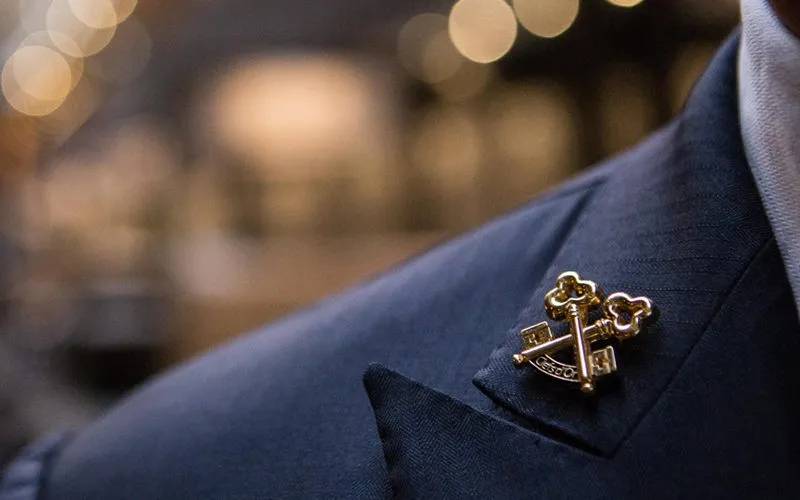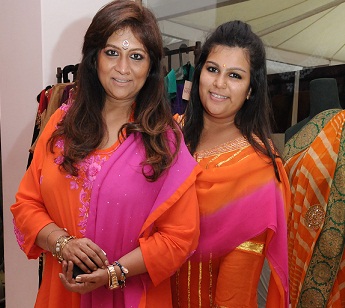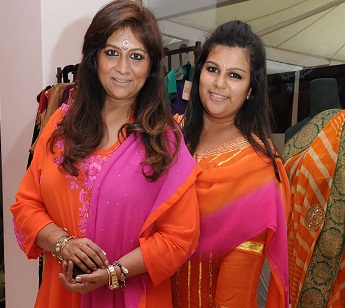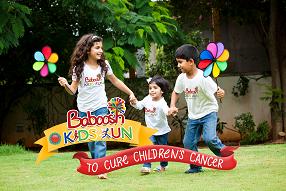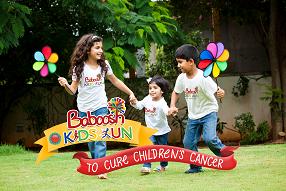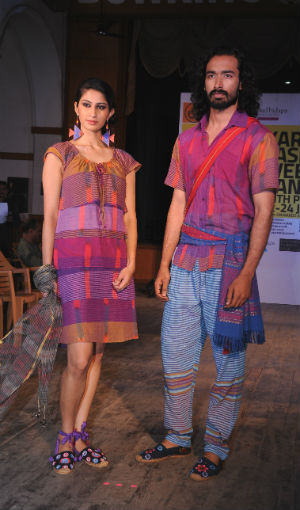Azu's Safari: This Time For Kenya
Oct 11, 2019, 11 23 | Updated: Oct 11, 2019, 11 23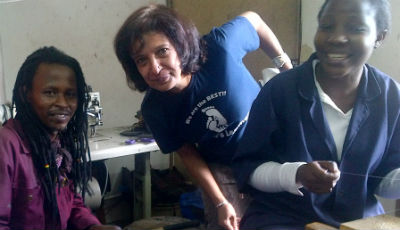
Azu Mohamed brings beaded Kenyan footwear to Bangalore, hoping to make walking easier and more colourful for Bangalore’s ladies, while create some employment opportunities in her homeland, Kenya.
Azu Mohamed was born in Nairobi, Kenya and grew up amidst the sights, sounds and smells of Africa, which became as much a part of her psyche as her Indian roots.
When it came time to take up a job, she became a flight attendant. Soon she met her to-be husband and moved with him first to Dubai and then to Bangalore, which she now calls home.
Back in 2004 she spotted the beautifully crafted, yet sturdy footwear that grabbed her attention. Not satisfied with merely owning a few pair herself, she decided she’d order a few hundred and carry them back to Bangalore to see how the ladies here would take to them.
They liked them very, very much. Within a few weeks, she’d run out of supplies. It wasn’t till about seven years later that, inspired by her own success, she decided to open up a workshop in Nairobi, hire craftspeople and have control over her own supply of merchandise. This was in 2011.
Initially, Mohamed began with two beaders and two fixers, men that he’d brought to the city from outlying areas, from the Giriama and Akamba tribes of Kenya, whose specialty was intricate beadwork. Today, she has a workshop where at least 20 pairs of shoes are manufactured everyday. To make sure things are ship-shape, she shuttles back to Nairobi every couple of months.
Each shoe is hand-stitched with utmost care so there are no defects. “The finish must be perfect,” she states. Made with glass beads sourced from the Czech Republic, the styles come in a variety of colors and patterns, from somber black and white to an explosion of bright primary colours.
While she began with shoes and slippers for women, Mohamed has expanded into men’s wear and even children’s shoes. Her portfolio consists of about 125 designs as of now, and her shoes have found favor with people all over.
BangaloreMag sat down to chat with Azu Mohamed.
Tell us a little bit about yourself and how you got into shoe designing.
I have always had a passion for shoes and I like owning shoes, but I don’t like seeing the same old shoe again and again. I’ve spent most of my early life in Kenya and I had seen these shoes all over Nairobi. But the people who made them were barely earning anything. So I decided to help them out by paying them more than what they were getting otherwise.
How do you make these shoes?
My shoes aren’t as delicate as they appear to be. The shoes are made of the finest leather and wear very well. The Czech glass beads aren’t merely glued onto the shoe; they are hand stitched with fishing line wire. The whole process is laborious because we believe that quality is more important than quantity. My workers start working at 8 in the morning and can finish 5 pairs each by the time its 7pm. For men’s shoes I use recycled tires that I buy in bulk from the Kenyan markets. This makes for a tough shoe. My motto is, ‘If I’m not going to wear it, then I am not going to make it.”
Can you make these shoes yourself?
Yes, I can. On days when I’m not too busy, I ask them to give me work. I have mastered the art of beading the shoes. I generally prefer to use black and white beads, so most of those shoes were made by me.
How have the Kenyan workers contributed to the creation of the shoes?
A lot of them come from two small coastal towns in Kenya called Malindi and Machakos. They belong to tribes that pride themselves on their beadwork and all of them do it. I asked one of the workers whether now that their children were being educated, beadwork would become a dying art like Kashmiri embroidery. He said that it would never become a dying art, because even the children are involved in it. During their one-hour lunch break in school, all the kids troop home and do beadwork and then come back to school for the afternoon session. Beadwork in Africa isn’t a dying art; rather it is an expression that keeps growing.
Why not use Indian workers to make these slippers?
I did try Indian beaders, for the first and last time. I sent a few designs to a Bombay factory but when I got the slippers back, it was outrageous. The finesse that the Kenyans give their work is just something that no one else can replicate.
Do you follow trends or do you operate independent of any current footwear fashion?
Yes, I devote a lot of time and energy to research. It’s about appealing to customers. They must want to wear what the trend dictates. This time is my ideation period, where I make new designs for the upcoming season. I feel straps are ‘in’ and since its summer, slip-ons are a must. Gladiators are making an exit.
What has been the response that you have gotten for these shoes?
The response has been overwhelmingly positive, but I must say that I wasn’t surprised it. Everyone appreciates the hard work we do. Besides, people appreciate the fact that we custom-make shoes. Some people find it very hard to get quality footwear when their size is 4.5, but we will make it for you with any customization that you want. My niece in Canada was born with a birth defect that left one leg shorter than the other. I make her shoes with an extra heel for one leg so exact and perfect that no one can realize she has a defect.
What is your dream for the future of Azu’s Leather?
Kenya is my homeland and I want to give back something to my country. My dream is to buy a piece of land and build another workshop with housing quarters on it. These workers are the poorest of the poor. I dream of employing more people in the new workshop so that I can bring some income into their economy. I’m well off here, and any profit that we make, goes to these guys.
